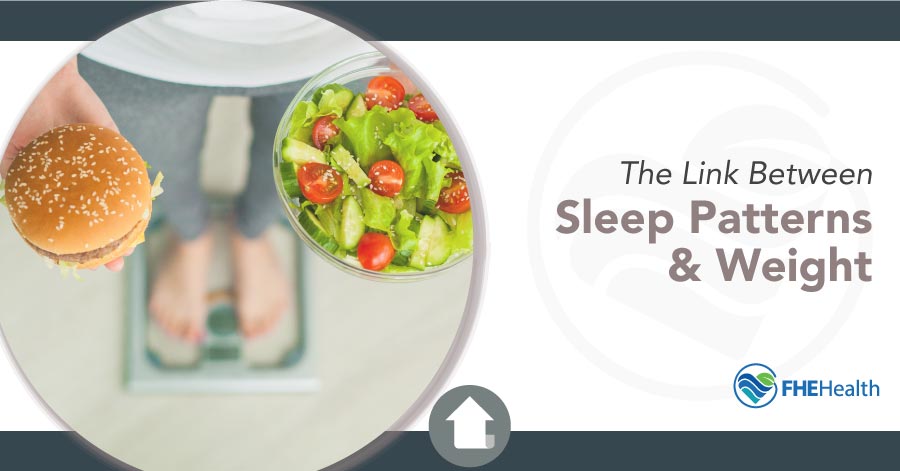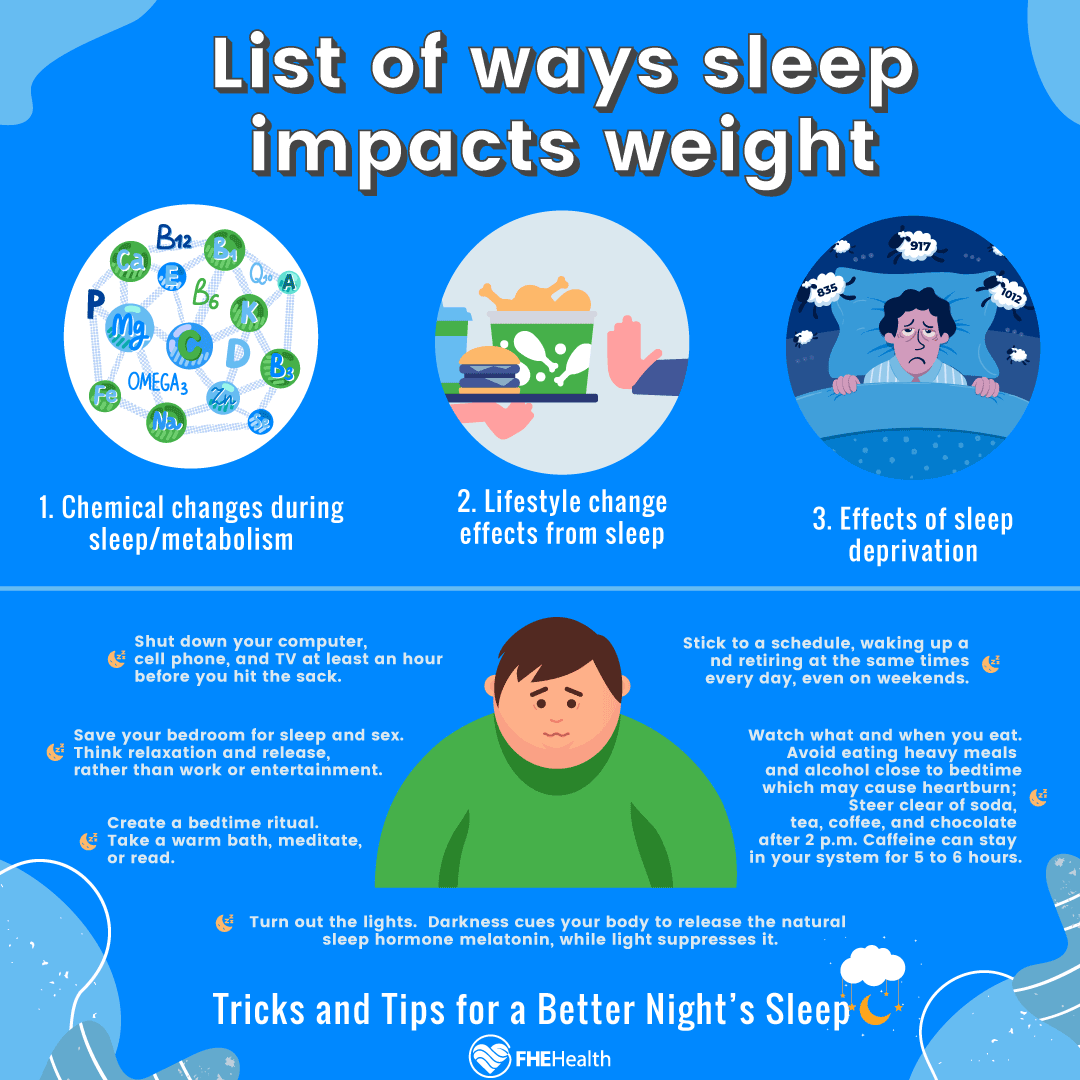
Sleep is a subject that occupies the thoughts of many Americans these days, with only 8% reporting that they are satisfied with the quality and quantity of sleep they get. Many factors are responsible for this epidemic of sleep deprivation. Among these are increased anxiety due to the COVID-19 pandemic as well as economic concerns and the cost of living increase leading people to work more hours. In addition, modern lifestyle choices are also thought to be contributing; many people take their smartphones into the bedroom and watch TV in bed, neither of which are beneficial for getting a good night’s sleep.
With obesity rates increasing from 30.5% in 1999 to 41.9% in 2020, it’s tempting to assume there might be a link between lack of sleep and increased weight. But can these uncomfortable statistics be reversed, and is there a real connection between quality sleep and weight loss?
How Sleep Influences Your Metabolism
We all know that sleep is vital to our health, allowing our bodies to stay healthy and refreshed, fight illness and keep the brain alert. But how does that work? Does sleeping help you lose weight?
When you need sleep, your pineal gland begins to produce more melatonin, making you sleepy. Levels increase as you sleep, keeping you asleep and then your pituitary gland starts to release growth hormones that flood through your body, repairing and regenerating vital tissues.
Another vital chemical involved in sleep is cortisol, a hormone linked to stress and anxiety. As you sleep, levels of cortisol drop before rising shortly after you wake, making you feel alert and stimulating your appetite. Finally, your body produces proteins known as cytokines while you sleep. Cytokines are essential if you are sick or injured, as they reduce inflammation and help to fight off infections. These little proteins are the reason that sleep is crucial to healing.
The Impacts of Insufficient Sleep on Lifestyle
When you don’t get enough sleep, your brain operates at reduced performance on intellectual and emotional levels, so this is certain to have an effect on your lifestyle. People who don’t get enough sleep report that their social interactions and personal relationships are affected as they make consistently poorer decisions than if they were well-rested.
This poor decision-making extends to food choices as well. When you’re tired, your body craves high carbohydrate foods to boost your energy levels, and you are less likely to resist making that choice. In addition, you’re more likely to consume caffeine-based drinks to counteract the effects of tiredness. While coffee has long been a staple of the American breakfast, there is plenty of evidence that too much can further disrupt your sleep patterns, especially if consumed in the late afternoon or evening. Younger people are also increasingly turning to energy drinks, believing them to be a healthier choice to boost their energy. Unfortunately, there is growing evidence that the consumption of energy drinks can lead to health problems, including raised blood pressure and heart diseases.
Another significant impact of sleep deprivation is on your ability to exercise. Tired people are less likely to undertake exercise, and when they do, their performance and stamina are affected.
Can Less Sleep Cause Weight Gain?
The answer to this question is complex, as individuals vary in their behaviors and physiology. However, there are some physiological indicators that might suggest less sleep can result in weight gain. As was mentioned earlier, sleeping keeps your cortisol levels under control. They rise as you wake, increasing your alertness and stimulating your appetite. If you’ve not had sufficient sleep, there is a spike in cortisol, which triggers your body to conserve energy, leading it to store fat rather than release it.
Lack of sleep also affects your body’s ability to process insulin, the hormone that changes sugars and starches into energy your body can use. When this happens, your body begins to store fats because it can’t process them properly, which also serves to increase feelings of lethargy.
When you combine these metabolic factors with the lifestyle effects noted earlier, lack of sleep does, in theory, make weight gain more likely. However, other factors might counteract this. For example, someone who is sleep-deprived because they are very busy might eat less because they don’t have the time for a large meal. Alternatively, genetics or a rigid schedule can counteract some of the adverse effects of lack of sleep. In conclusion, sleep is just one factor among many when it comes to weight gain or loss.
Improve Your Sleep for Better Health
Lack of sleep or poor sleep patterns can be a factor in weight gain, but getting the right amount of sleep is also beneficial in many other areas of physical and mental health. For example, the right amount of quality sleep can reduce your chances of suffering from depression and anxiety. In addition, good sleep reduces your risk of high blood pressure or cardiovascular issues such as heart attacks or strokes. However, if you’re struggling to get enough sleep, there are some measures you can take, including:
- Maintaining a regular bedtime, even on weekends
- Removing all screens from the bedroom
- Avoiding drinking too much liquid late in the evening to lessen the chances of needing to empty your bladder at night
- Avoiding stimulants such as caffeine, nicotine or alcohol near bedtime
- Ensuring your bedroom is a comfortable temperature
- Taking part in regular exercise — but not too close to bedtime, as you may become over-stimulated
- Not going to bed until you are ready to sleep
At FHE Health, we understand the importance of sleep as part of a healthy lifestyle to support physical and mental health outcomes. If you have mental health issues that cause poor sleep or are suffering from anxiety or depression due to poor sleep, get in touch with us today to discuss your options. You can also call us at (844) 299-0618 to speak to trained professionals who can get you back on the path to a restful night’s sleep.







